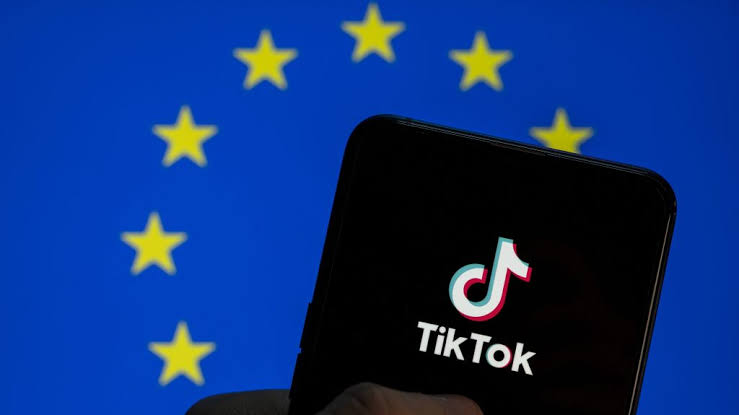In a landmark decision, the European Union’s General Court has rejected TikTok’s appeal against the Digital Markets Act (DMA), a law aimed at regulating big tech companies.
The court ruled that TikTok, owned by ByteDance, meets the criteria to be designated as a “gatekeeper” under the DMA, alongside five other major tech companies.
The DMA, which came into force in March, seeks to promote fair competition in the digital market. TikTok had argued that it was a “challenger platform” providing important competition to established players, but the court found that it had rapidly consolidated its position and strengthened its market presence since 2018.
The court’s decision is a significant setback for TikTok, which had sought to escape the new rules. The company can appeal the ruling within two months and 10 days. A spokesperson for TikTok expressed disappointment, stating that the company had already taken measures to comply with the DMA ahead of the deadline.
The DMA imposes strict obligations on designated gatekeepers, including ensuring fair access to their platforms for third-party developers and preventing self-preferential treatment. Non-compliance can result in fines of up to 10% of a company’s total global turnover, rising to 20% for repeat offenders. In severe cases, the EU can order the break-up of companies.
The ruling is a significant victory for the EU in its efforts to regulate big tech. Apple and Meta have also challenged the DMA in court, with their cases still pending. The EU has designated Booking as another company subject to the DMA, giving it six months to prepare for compliance.
The decision highlights the EU’s commitment to promoting fair competition in the digital market and ensuring that big tech companies do not abuse their market power. As the EU continues to grapple with the challenges posed by big tech, this ruling sets a significant precedent for future regulation.


